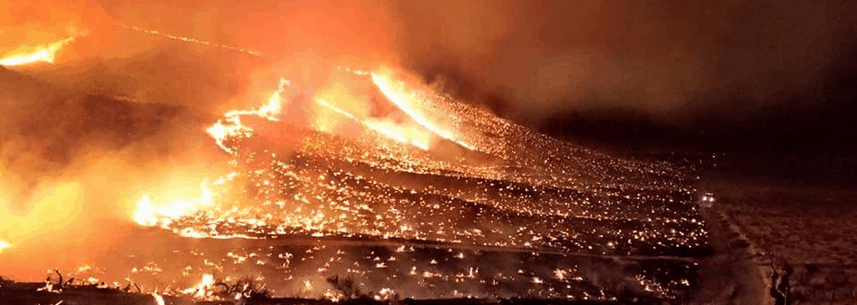


The Idaho Statesman’s Rocky Barker penned an article lamenting the smoky Treasure Valley air and the longer wildfire season. The piece meandered quite a bit, but the gist of it was captured in one sentence, “The U.S. could spend the entire firefighting budget on logging and it wouldn’t be enough alone to address the fuel issue in the face of climate change.”
That statement makes absolutely no sense. On the very same day Barker’s article was published, another article appeared in the Idaho Statesman describing the “shrunken” wood and paper industry in Idaho. The article contained a bar chart that demonstrates what many of us who have studied this issue know: logging on federal lands in Idaho has declined from nearly one billion board feet, annually, at the peak in the 1970s to well under 100 million board feet today.
Even if you believe that climate change has added to the fuel load due to longer growing seasons, how could you ignore the impact of reduced logging as a bigger driver? If climate change is increasing tree density per acre, wouldn’t the solution be more logging and thinning — not less?
The same article on the wood industry describes an industry that pays better wages than the state average of $37,957 per year in 2014. Logging jobs paid an average of $51,000, wood products manufacturing nearly $50,000, and paper manufacturing $83,000. I fail to see how an industry that pays good wages and salaries would consume the U. S. Forest Service firefighting budget, by using a resource whose use would result in fewer fires in the first place.
According to data from the National Interagency Fire Center, for the period 1946 to 1979 (33 years in a row), not one fire season in the 11 Western States — excluding Alaska — resulted in more than 1 million acres being burned in a single season.
Why? It is not complicated: logging and thinning were the chief tools of fire suppression.
Global warming alarmists like Barker want to smokescreen the issue by conflating the effects of reduced logging with a lack of prescribed burning and “fire-prevention treatment.” They want to hoodwink the public into believing that decades of improper fire suppression techniques and “climate change” are causing fire seasons like 2015’s, a catastrophic one with over 9 million acres scorched in the U.S.
Sadly, these fires serve as a reminder of the public policy shift that began after the Federal Land Policy and Management Act passed in 1976. This act, along with lawsuits and other tactics, opened the door for environmentalists to dramatically reduce logging on federal lands.
We all want clean air, water and a healthy environment for wildlife. For several decades we have been led to believe that a museum management strategy — a passive approach to public lands management — was the proper policy. That solution is a demonstrated failure. Idaho and other states must reverse course and revive the wood products industry and employ other validated management practices.
Those of us who advocate transferring federal lands to the states do so with the full knowledge of the back-story. Our treasured lands cannot endure 40 more years of reckless federal management by those who don’t believe in significant logging on federal lands. This policy failure manifests itself today in the vastly larger wildfires, damaged habitats and the smoky air we are all forced to endure. This is why we advocate for local management.
The Idaho Statesman first published this article.


